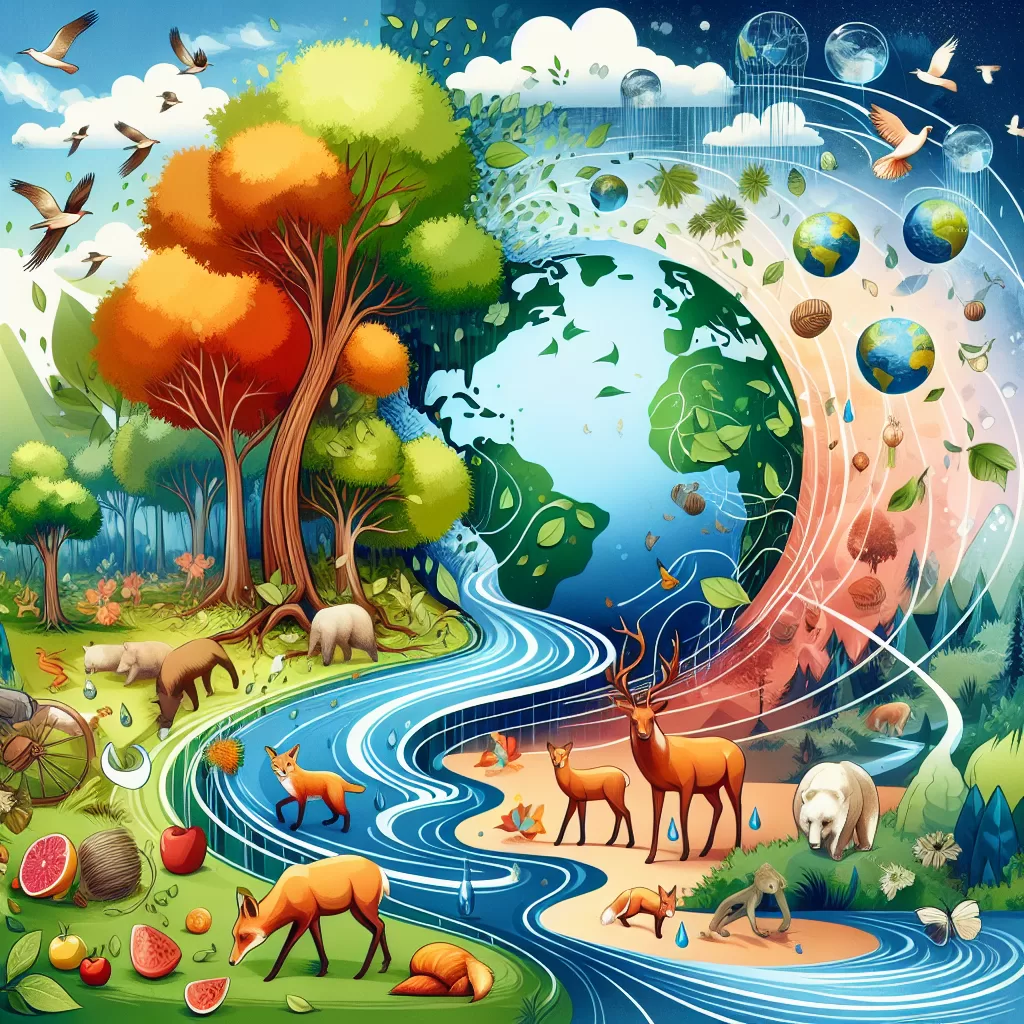“WWF’s latest Living Planet Report shows that monitored vertebrate populations have shrunk by an average of 73 percent since 1970,” says Becky Chaplin-Kramer, Global Biodiversity Lead Scientist at WWF and lead author of the paper. “These figures demonstrate a loss of genetic diversity that weakens wildlife resilience against climate change, disease and habitat loss. Declines in the number of individual animals or plants can upset entire ecosystems, with far-reaching consequences for people and economies.”
The research aligns with recent landmark reports that emphasize the need to incorporate natural capital accounting and properly value ecosystem services in economic metrics. It highlights that at least 12 of the 18 NCP categories defined by the Intergovernmental Platform on Biodiversity and Ecosystem Services are directly supported by wildlife, ranging from material benefits like food and livelihoods to non-material values such as ecotourism, medicinal uses, cleaner air, and a sense of well-being.
As the accompanying report “Nature’s Technicians” explores, wildlife play critical roles in regulating ecosystems, such as controlling prey populations, pollinating plants, dispersing seeds, improving water quality, controlling erosion, and reducing disease risk. The decline of species like bats, beavers, monkeys, sharks, and vultures can have cascading effects on these vital processes.
“If people don’t recognize the full spectrum of values wildlife offers our society, including the sometimes ‘invisible’ benefits, they might miss the actions needed to protect it,” Chaplin-Kramer adds. “We have to account for the roles wildlife play across ecosystems, and the impact of their decline on human well-being in conservation policy and management.”
The study highlights the example of North American sea otters, whose decimation due to the 19th-century fur trade led to an explosion in sea urchins, which destroyed kelp forests. This had dire consequences for fish populations, local fishing communities, coastal ecosystems, and Indigenous communities reliant on kelp, illustrating the far-reaching impacts of species loss.
“The long-term loss of wildlife will lead to declines in its contributions to people and ultimately harm their well-being,” says Nathan Bennett, WWF’s Global Oceans Lead Scientist and co-author of the paper. “This is especially true for Indigenous Peoples and resource-dependent communities that depend heavily on wildlife for subsistence harvesting. Wildlife can also support local ecotourism businesses and jobs.”
To address knowledge gaps and ensure efficient conservation efforts, the study emphasizes the need for advancements in technologies like satellite monitoring, AI, environmental DNA analysis, acoustic sensing, and citizen science – initiatives that require greater funding and global cooperation.
As the world gears up for the resumed session of COP16 in Rome, Wendy Elliott, Interim Practice Leader for Biodiversity at WWF, underscores the urgency of addressing the biodiversity crisis and mobilizing resources to safeguard the invaluable contributions of wildlife. “At COP16, parties must remember the vast ‘invisible’ benefits of wildlife that support our societies and the risks we face if the biodiversity crisis is not addressed. Equally urgent is agreement on a financial package that meets the immediate needs of countries to safeguard these benefits for current and future generations.”

